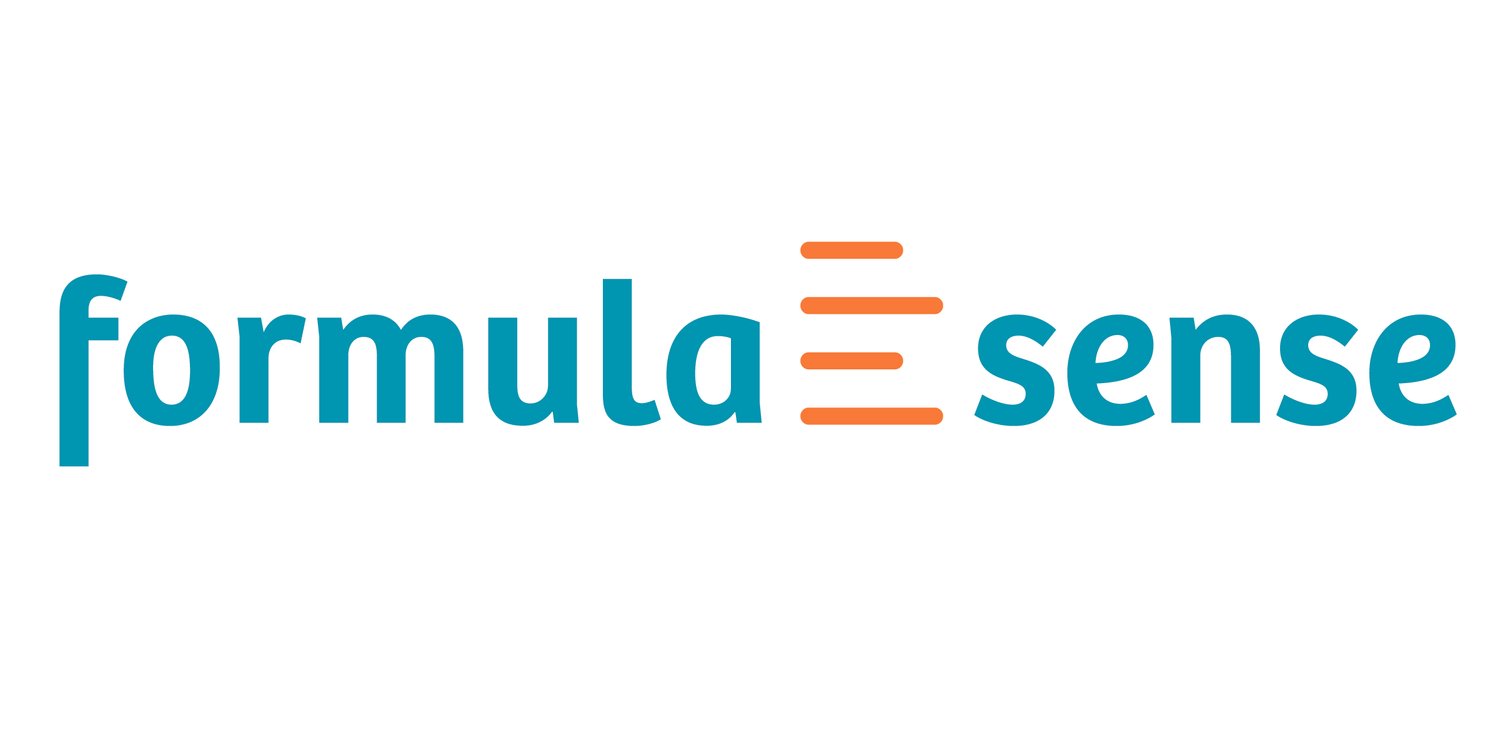What is Inositol?
[pronounced: i-NOS-eh-tol | i-ˈnō-sə-ˌtȯl]
Inositol is a specific form of carbohydrate that is abundant in human milk, therefore infant formula manufacturers add it to their products. Unlike other carbohydrates, inositol is not digested and used for energy; rather, it is absorbed and used as a building block for other compounds. Inositol is found in many foods, both plants and animals.
Why is Inositol in Infant Formula?
Inositol is a key component of larger molecules with important biological functions, particularly at the cellular level for cell growth and differentiation. For example, it is also important as part of pulmonary surfactant, a complex cocktail lung cells make that is needed to breath air. Many premature babies need surfactant therapy at birth because the lungs do not begin to make this mixture until about 30 weeks gestation. Inositol is also part of complex structural molecules in the brain.
Human milk contains a considerable amount of inositol, being third carbohydrate in line behind lactose and glucose. Given this high amount in human milk and the important roles it plays in the body, many companies add inositol to reach the same levels as found in human milk.
For more information on the role of inositol on the body, read the Formula Sense blog post, “Exploring the Role of Inositol in Infant Nutrition: What Every Parent Should Know”
Vitamin B8
In the past, inositol was grouped with the B vitamins and was sometimes referred as vitamin B8. But inositol isn’t a vitamin. Rather, it is a sugar alcohol, a specific type of carbohydrate.
According to Wikipedia, other compounds have also been called vitamin B8. Similar to inositol none of these were vitamins! One may still see inositol called vitamin B8 when searching online, however this is not correct for modern nutritional science.
Humans can make inositol in the liver from glucose, a simple sugar molecule. Therefore, inositol is not considered essential nutrient, a characteristic of all vitamins.
Regulations and Safety
The European Commission allows between 4 and 40 mg (micrograms) of inositol per 100 calories of prepared formula. The US FDA lists inositol as generally recognized as safe (GRAS), although no limits have been set on its use in milk-based infant formula. Non–milk based formulas must have 4 mg per 100 calories of infant formula per 1985 FDA guidelines.
An expert panel convened by the Life Sciences Research Organization, a nonprofit independent firm, is widely cited as recommending a minimum 4 mg of inositol per 100 calories of formula, based on their report from 1988. Unfortunately, this report can no longer be found online and Formula Sense cannot link to it.
Dietary Considerations
Inositol has no dietary restrictions and is appropriate for vegans, vegetarians, and all religious groups.
